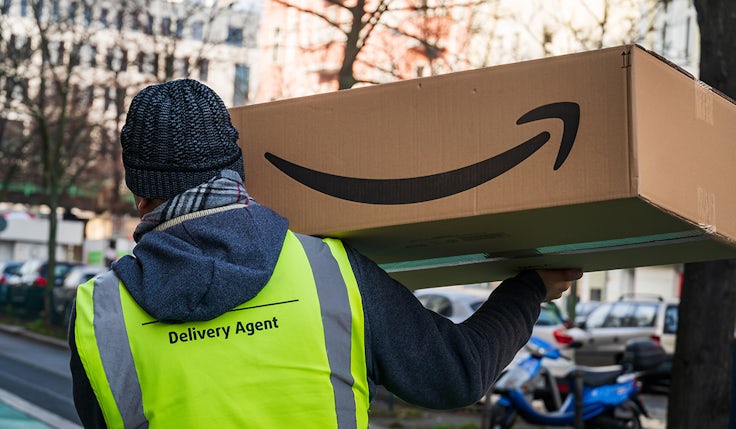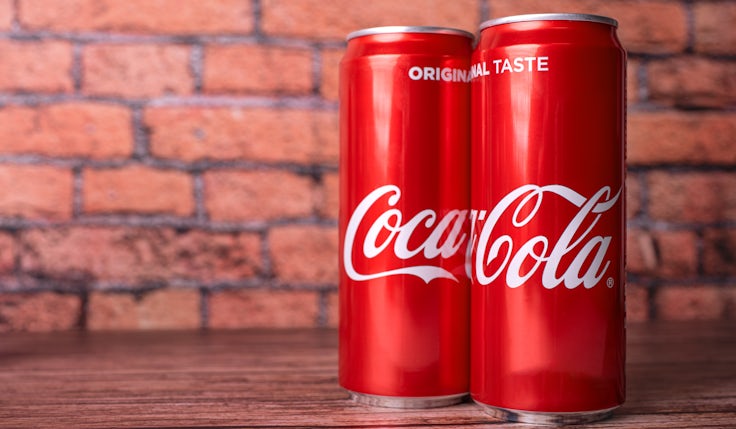Apple beats Amazon and Google to reclaim title of world’s most valuable brand
Apple is “on course” to become the world’s first trillionaire brand after topping Kantar’s BrandZ ranking for the first time since 2015.
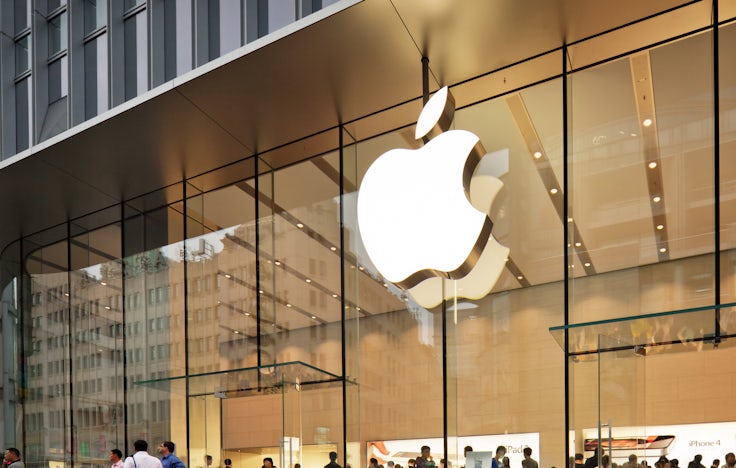
Apple has leapfrogged Google and Amazon to be crowned 2022’s most valuable brand, according to the Kantar’s BrandZ 2022 Top 100 ranking.
The tech giant, which last topped the ranking in 2015, has a brand value of $947bn, an increase of 55% compared to last year, meaning it is “on course” to become the world’s first trillionaire brand.
Last year’s number one spot holder, Amazon, has dropped to third place after seeing a modest 3% increase to £706bn. While Google jumps into second place with a brand value of $820bn, up 79% on 2021.
BrandZ global head of research, Martin Guerrieria, tells Marketing Week there has been a “higher rate” of growth across all categories this year, but particularly consumer technology, which has increased 172% over the past three years. Meanwhile, business solutions is up 113%, media and entertainment has increased 106% and luxury has seen a leap of 103%.
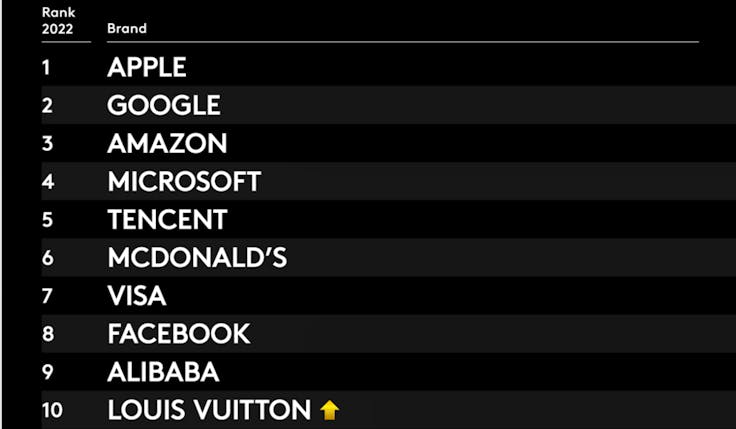
Brands that focus on multiple categories tend to have a faster growth rate than single category brands, adds Guerrieria. “Apple is a great example of a brand that has successfully diversified across a range of categories within its product portfolio,” he says. “That is definitely a pathway to growth.”
Despite being usurped from the top spot, Amazon has had a “good year”, insists Guerrieria, partly because it had a “very, very good year last year” driven by the pandemic.
Amazon retains crown as world’s most valuable brand
Elsewhere in the top 10, Microsoft takes fourth position with a brand value of $611bn (up 49% compared to 2021), Tencent takes fifth ($214bn, down 11%), and McDonald’s comes in sixth with a value of $197bn (up 27%).
Next is Visa in seventh with a brand value of $191bn, but a growth rate of 0%, followed by Facebook in eighth ($186bn, down 18%) and Alibaba in ninth with a value of $170bn, (down 14%).
The only new entry into the global top 10 is Louis Vuitton, which bumps Mastercard out of 10th spot. The luxury brand saw its value increase by 64% to $124bn, meaning it moves up 11 places in the ranking.
Collectively, luxury brands in the top 100 have grown by 23% this year, with strong relationships in China fuelling this rise.
New entries
Airbnb has made the top 100 for the first time, coming in at 99th with a brand value of $21bn.
Other newcomers include Saudi Arabian oil company Saudi Aramco, which enters the top 100 at 16, with a value of £99bn, Indian business tech firm Infosys (64th), Argentinian online retailer Mercado Libre (71st), Chinese video sharing app Kuaishou (82nd) and Dutch payment company Adyen (96th).
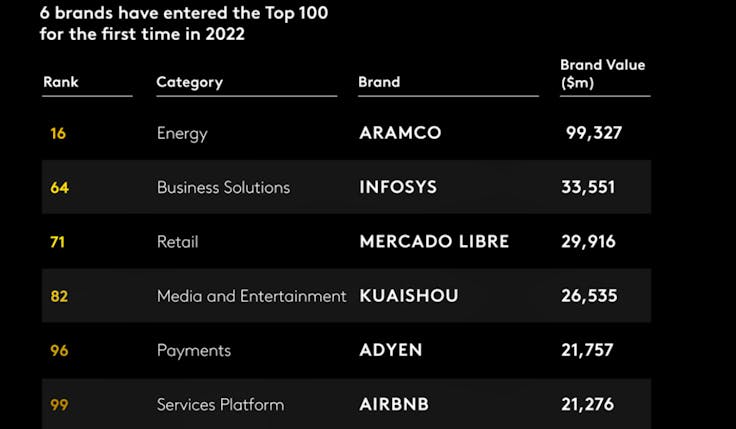
TikTok had an excellent year in 2021, increasing its brand value by 150%, making it the second fastest riser behind Tesla, which grew 200% last year. But this year TikTok’s brand value hasn’t budged. It still has a brand value of $43bn but given others have seen growth it falls from 45th to 53rd in the ranking.
Meanwhile Tesla has grown 78% to £76bn, which pushes it from 47th to 29th in the ranking. This growth means Tesla is also now more valuable than Netflix, which grew by 3% but falls from 24th to 30th in the top 100.
The average brand value growth for the top 100 from 2019 to 2022 is 61%.
“If we look at the growth story this year, the bulk of the growth is coming from the US and from Europe,” says Guerrieria, citing China’s slowing economy as one reason it has “not been as successful” as in previous years.
The US leads with a majority of top 100 brands, followed by China, then Europe and the rest of the world.
Vodafone is again the UK’s sole representation on the global list at 65 (up 12% to $33bn), in a year where Guerrieria says the telecoms industry has had “low growth”, and so Vodafone’s is “very positive”.
Methodology
Kantar’s BrandZ valuation process takes the financial value created by a brand in US dollars and multiplies it by brand contribution. The result is Brand Value – the dollar amount a brand contributes to the overall value of a corporation. Isolating and measuring this intangible asset reveals an additional source of shareholder value that otherwise would not exist.
That brand contribution is derived from consumer research that quantifies how much of the volume people purchase and how much of the price premium people pay can be attributed to brand equity, connecting what people think to what they do.
This year’s analysis involves 19,250 brands, 4.1 million consumers, 522 categories, 51 markets and 5.4 billion data points.

